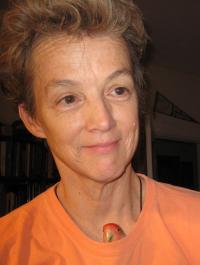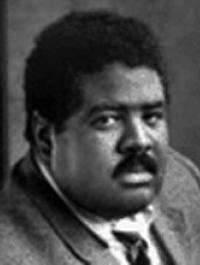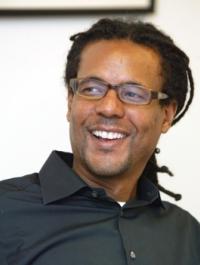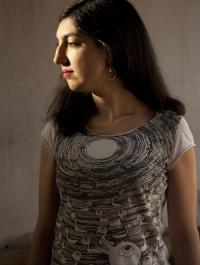“You aren’t one of those voodoo inspectors, are you? Don’t need to see anything, you just feel it, right? I heard Jimmy make jokes about you witch doctors.”
She says, “Intuitionist.” Lila Mae rubs the ballpoint of the pen to get the ink flowing. The W of her initials belongs to a ghost alphabet.
The super grins. “If that’s the game you want to play,” he says, “I guess you got me on the ropes.” There are three twenty-dollar bills in his oily palm. He leans over to Lila Mae and places the money in her breast pocket. Pats it down. “I haven’t ever seen a woman elevator inspector before, let alone a colored one, but I guess they teach you all the same tricks.”




